Financial Literacy Barriers And How To Solve Them
Financial literacy is not innate; it must be learned. The learning process may look like a parent giving their child a small weekly allowance, or a high school teacher covering the basics of student loan debt. However, not everyone receives a financial education from their parents or teachers. And though the internet contains vast amounts of financial information, it’s hard to find resources when you don’t know what to look for. Your socioeconomic background largely determines your lifelong financial knowledge and spending habits. Living in or growing up in poverty creates psychological side effects that are barriers to financial literacy. Organizations like Common Wealth Charlotte and the Charlotte Mecklenburg Library are trying to counter that by providing financial education programs for those who never had the resources or ability.
Some argue that those living in poverty got themselves into that position through their own poor financial choices. Though it’s true that the poor show lower rates of financial literacy, growing research indicates that “you’re not poor because you make bad decisions; you make bad decisions because you’re poor” (Lacour). The stress of living in poverty reduces cognitive ability, making it harder to execute fundamental life skills. According to Darren Ash, executive director of Common Wealth Charlotte, “[Researchers] have concluded that poverty imposes such a massive cognitive load on the poor that they have little bandwidth left over to do many of the things that might lift them out of poverty – like go to night school, or search for a new job, or even remember to pay bills on time” (Lacour). Not only do the poor have less financial education resources, but they also have less mental energy to learn and display financial literacy.
Additionally, growing up in a low-income neighborhood decreases the likelihood of financial literacy. A report by the National Endowment for Financial Education shows that 40% of U.S. students from low-income schools lack financial literacy skills, and only 3% scored high on a financial literacy test (“Teen Financial Education”). The report stresses that students are not receiving quality financial education in high school. This puts students with financially illiterate parents at a disadvantage since, according to the Leading on Opportunity report, “education serves as an equalizer with the potential to nullify the deficits that many children face due to socioeconomic status” (Garmon-Brown). If children are not taught the basics of financial literacy at home, then public education could potentially fill in the gap. However, most schools do not offer personal finance classes, so children born into low social strata remain at a disadvantage.
Nonprofits and public services in Charlotte and Mecklenburg County are trying to reach out to those who lack access to financial knowledge. Common Wealth Charlotte has a teen financial education program for students at Title 1 schools. Additionally, Money Smart Week, a nationwide program brought together by the Money Smart Advisory Council, promotes financial literacy through six days of presentations and advising in April. In Charlotte, Money Smart events can be found at multiple Charlotte Mecklenburg Library locations and Common Wealth Charlotte. The Charlotte Mecklenburg Library provides additional educational resources for high school students, including FAFSA and financial aid information sessions and career readiness workshops. Though some Charlotteans may have never acquired financial literacy through their parents or teachers, many local libraries and nonprofits offer supplemental financial education to the public, focusing on the poor and low-paid workers.
Due to the mental stress of living in scarcity, the poor are less likely to make wise financial decisions. In addition, those who grow up in low-income areas are less likely to receive financial education from parents or teachers. That’s why it’s important for nonprofits and public institutions to address this disadvantage. There is a financial literacy void in the U.S., especially in the poor and low-income communities, and that hole isn’t going to go away on its own.
Sources
- Garmon-Brown, Ophelia. Leading on Opportunity. Leading on Opportunity, 2017, Leading on Opportunity, www.leadingonopportunity.org/report/chapter-3.
- Lacour, Greg. “Charlotte Nonprofit Takes Aim at Financial Literacy.” Charlotte Magazine, 29 Jan. 2018, www.charlottemagazine.com/Charlotte-Magazine/January-2018/Does-Poverty-Impair-Thinking/.
- “Teen Financial Education.” Common Wealth Charlotte, Common Wealth Charlotte, 2019, www.commonwealthcharlotte.org/what-we-do/teen-financial-education/.



